Unfortunately there is no way to read an environment variable in Angular similar to mechanisms that server frameworks like nodejs or Spring Boot offer.
You could however load the environment from the server before the Angular app bootstraps (please read the drawbacks below before taking this path).
Load environment variables from a server:
- Remove the bootstrap component from your root module (e.g. AppModule) so that it is not bootstrapped automatically
- Create a singleton service in root that loads the environment variables, e.g:
import { Injectable } from "@angular/core";
@Injectable({ providedIn: "root" })
export class EnvService {
public myEnv: string;
fetchEnv() {
// This has to retrieved from some server.
return fetch("some-url").then(env => {this.myEnv = env.myEnv; return Promise.resolve("env loaded");};
}
}
- Delay the bootstrap in your root module until the environment is loaded:
@NgModule({
imports: [BrowserModule, FormsModule],
declarations: [AppComponent, HelloComponent]
})
export class AppModule {
constructor(private envService: EnvService) {}
ngDoBootstrap(app) {
this.envService.fetchEnv().then(() => app.bootstrap(AppComponent));
}
}
This approach has a couple of drawbacks:
- The url from where to retrieve the env settings has to be known before loading the other env variables
- The Angular app will not boot if the environment variables can't be loaded. As you are using Docker, you could host a small web server inside the Docker container that provides the environment variables on a dedicated endpoint for the Angular app. However this might come with its own problems, as this makes creating your Angular Docker container more complicated.
I would therefore recommend configuring the env variables during the build.
There are 2 ways you can set the environment variables during the build:
1) Set the environment variable in the build using a custom webpack config
See this article.
You can specify a custom webpack config in your angular.json:
"architect": {
"build": {
"builder": "@angular-builders/custom-webpack:browser",
"options": {
"customWebpackConfig": {
"path": "extra-webpack.config.js"
},
...
The webpack config file would look like this:
const webpack = require('webpack');
module.exports = {
plugins: [
new webpack.DefinePlugin({
'process.env': {
// Here you can set your env variables.
SERVER_URL: JSON.stringify(process.env.SERVER_URL)
}
})
]
}
This method requires some more dependencies:
@angular-builders/custom-webpack
dotenv
2) Dynamically create an environment file during build
See e.g. the automatically generated src/environments/environment.prod.ts.
You could generate this file with the correct environment values or replace placeholders in this file during the build.
Edit: See also The Fabio's answer. You probably don't want your users to be aware of the S3 bucket anyway and should route your request over a web server to the bucket if possible.



